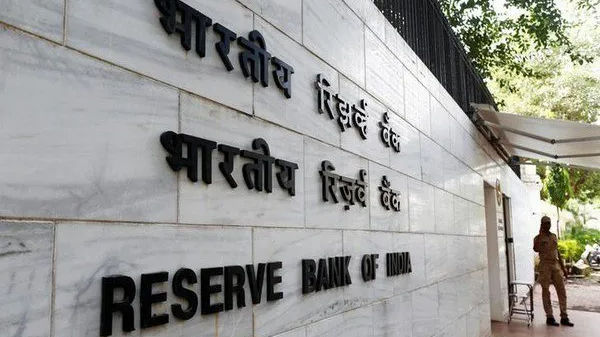Inflation is rising but India’s central bank is likely to keep its accommodative policy even as its global counterparts hike interest rates, perhaps forcing it to play catch-up vigorously later, economists and experts say.
This viewpoint marks a shift in expectations, with market investors claiming that the Reserve Bank of India is concerned that Russia’s invasion of Ukraine is harming the global economy and India’s recovery prospects, rather than just raising prices.
Also Read| Inflation gauge sets 40-year high as food and gas prices surge
A Reuters survey conducted in early February revealed that just over half of forecasters expected the RBI to raise interest rates at its April meeting, but the battle that began three weeks later has changed those expectations.
Despite the fact that inflation has risen beyond the 6% upper limit of the bank’s target band for the past two months, many now expect the central bank to stay static on April 8.
Also Read| Ukraines’ economy to shrink by 20%, Russias’ by 10% in 2022: Report
According to Saugata Bhattacharya, chief economist at Axis Bank, who had expected the RBI to boost its reverse-repurchase rate next week, global concerns imply that “it makes sense to remain the status quo.”
In support of such forecasts, RBI Governor Shakikanta Das recently advised against “premature demand compression through monetary policy.”
Also Read| Explained: Correlation between bond yield and economy
India’s growth, according to Deputy Governor Michael Patra, is as feeble as it was in 2013 when a U.S. policy move brought money rushing out of emerging countries. “The recent reverberations of war have, in fact, tilted the balance of risks downwards” for the economy, he said.
Economists anticipate that the RBI would boost its retail-inflation forecast for the fiscal year beginning on Friday by 50 to 80 basis points from the current 4.5%.
Also Read| Fuel prices: Petrol and Diesel rates remained unchanged on April 1, 2022
Prices for grain, energy, and other exports from Russia and Ukraine are projected to rise further as a result of the war and the economic sanctions imposed on Moscow.
“In the aftermath of the Russia-Ukraine war, the probability that higher-than-expected inflation will persist has increased. The longer we wait to address that, the faster that we may have to play catch-up with it eventually,” said Churchil Bhatt, executive vice president of debt investments at Kotak Life Insurance.
Also Read| Trending Stocks: Future retail, Vedanta, Gail, Apollo tyres and others in news today
Rising asset prices could feed through to demand-side inflation, while savers are being hurt as their returns lag behind inflation, said Rupa Rege Nitsure, chief economist at L&T Financial Services.







